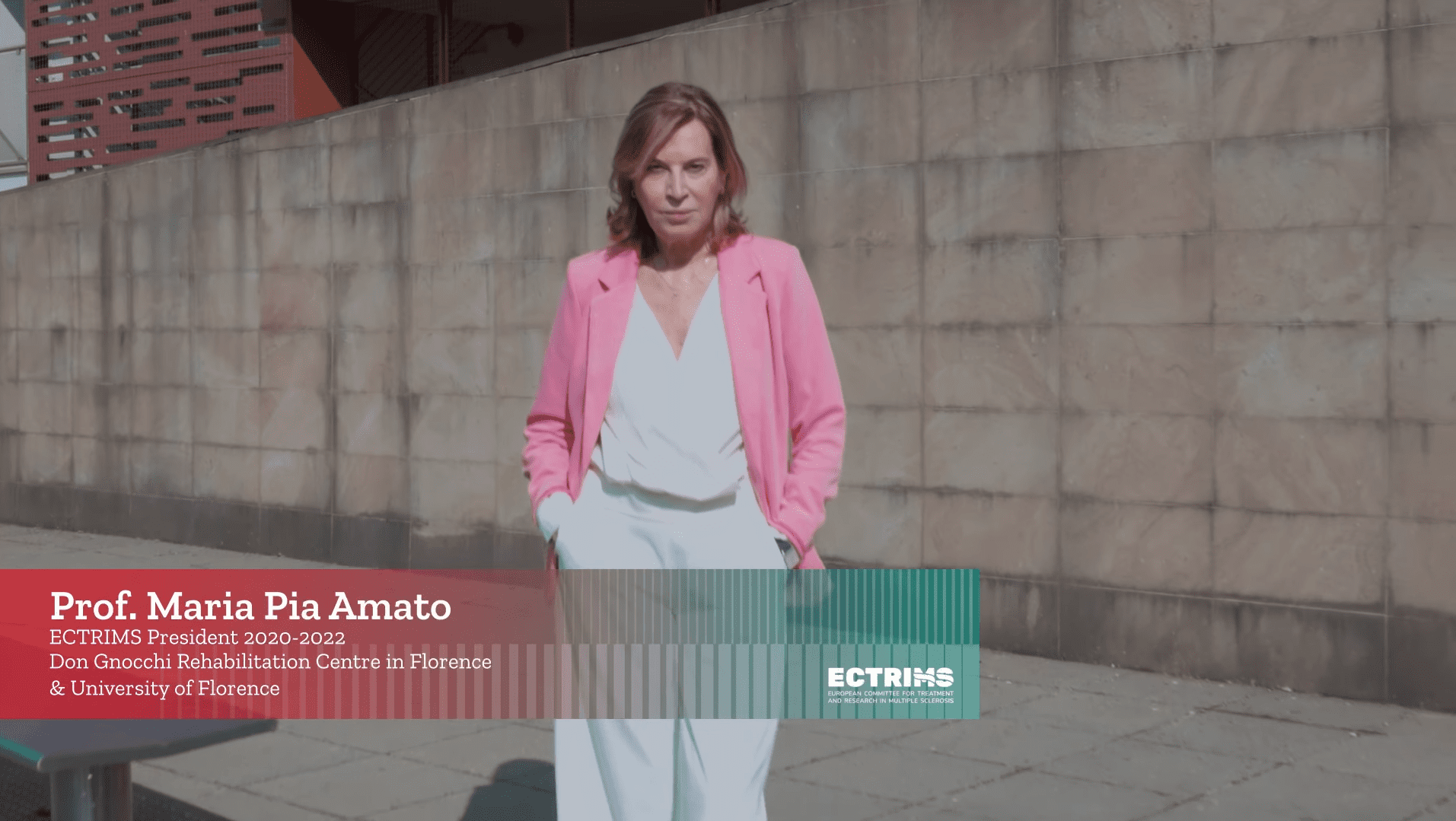
Professor Maria Pia Amato from the University of Florence will deliver the 2025 ECTRIMS Lecture at this year’s congress, titled “Cognitive Function in Multiple Sclerosis: Progress and Perspectives.”
|
Cognitive difficulties are common in people with MS, often involving slower processing speed, challenges with memory (both working and long-term), word-finding issues, reduced attention, and impaired executive functioning. These symptoms can significantly affect daily life, including employment. Early and regular cognitive assessment is crucial to identify limitations and guide personalised interventions.
In the ECTRIMS 2025 Special Feature, Professor Amato offers a preview of her upcoming lecture – a journey through the evolving understanding of cognitive dysfunction in MS, from its early recognition to its current role in patient care.
Through this lecture, Professor Amato aims to encourage clinicians to give cognitive symptoms the same level of attention as physical ones. Early detection of cognitive changes can open the door to counseling, tailored interventions, and better patient support. This can also be achieved through the use of big data, artificial intelligence, remote monitoring, and biomarkers. These tools support a shift from static assessments to more dynamic, real-life-like evaluations – making cognitive health more visible and measurable.
Professor Amato will highlight recent advances from neuropsychology and neuroimaging research, and discuss how cognitive rehabilitation can support brain health in clinical practice.
“A major challenge in MS research and treatment remains the integration of cognition into routine clinical care. We need better tools to detect cognitive issues early, and to ensure cognitive assessment and support are available to all patients – not just in research, but in real-world practice. We also need more longitudinal studies and a truly holistic, patient-centered model of care that embeds cognition at its core.” Professor Amato told us.